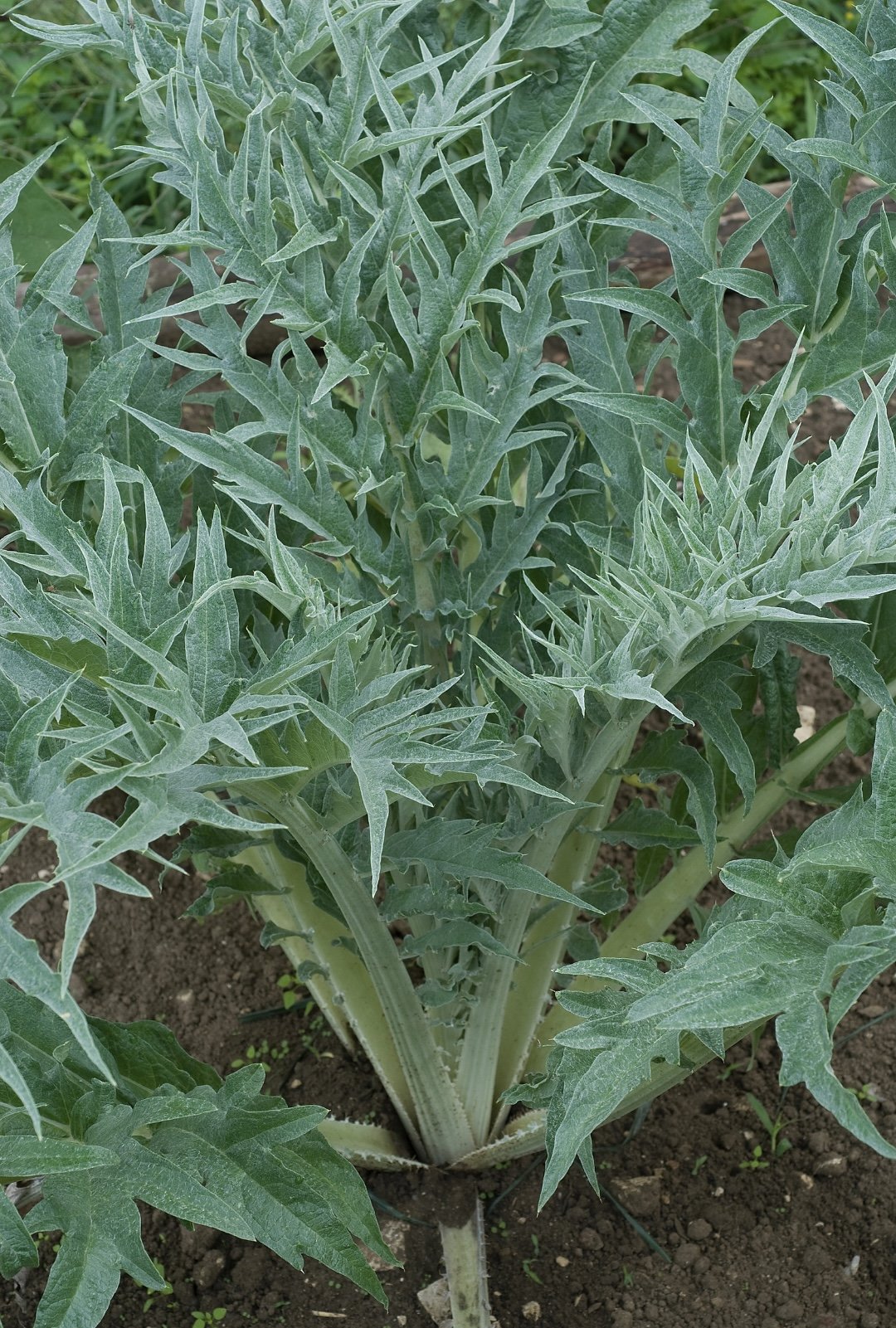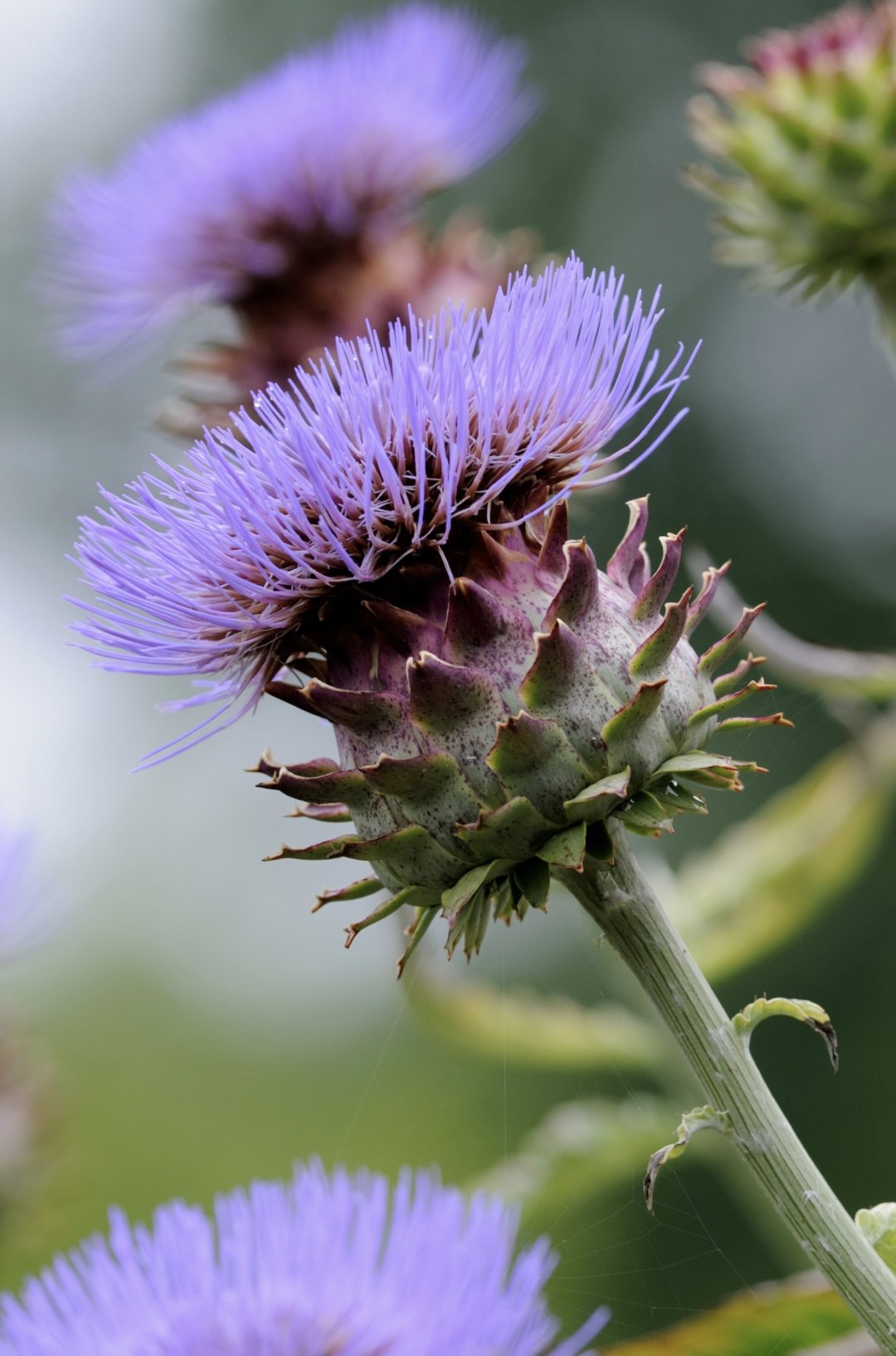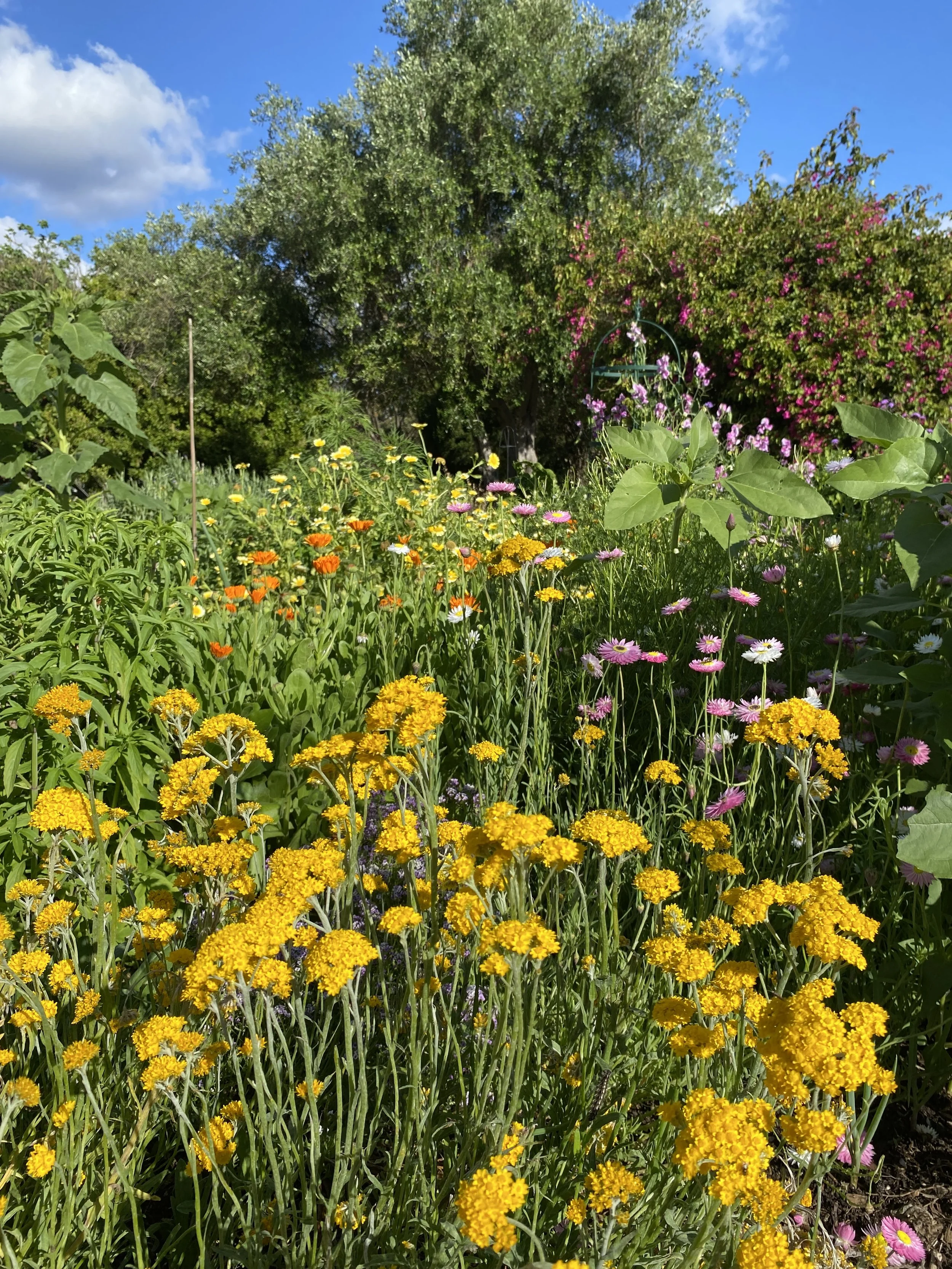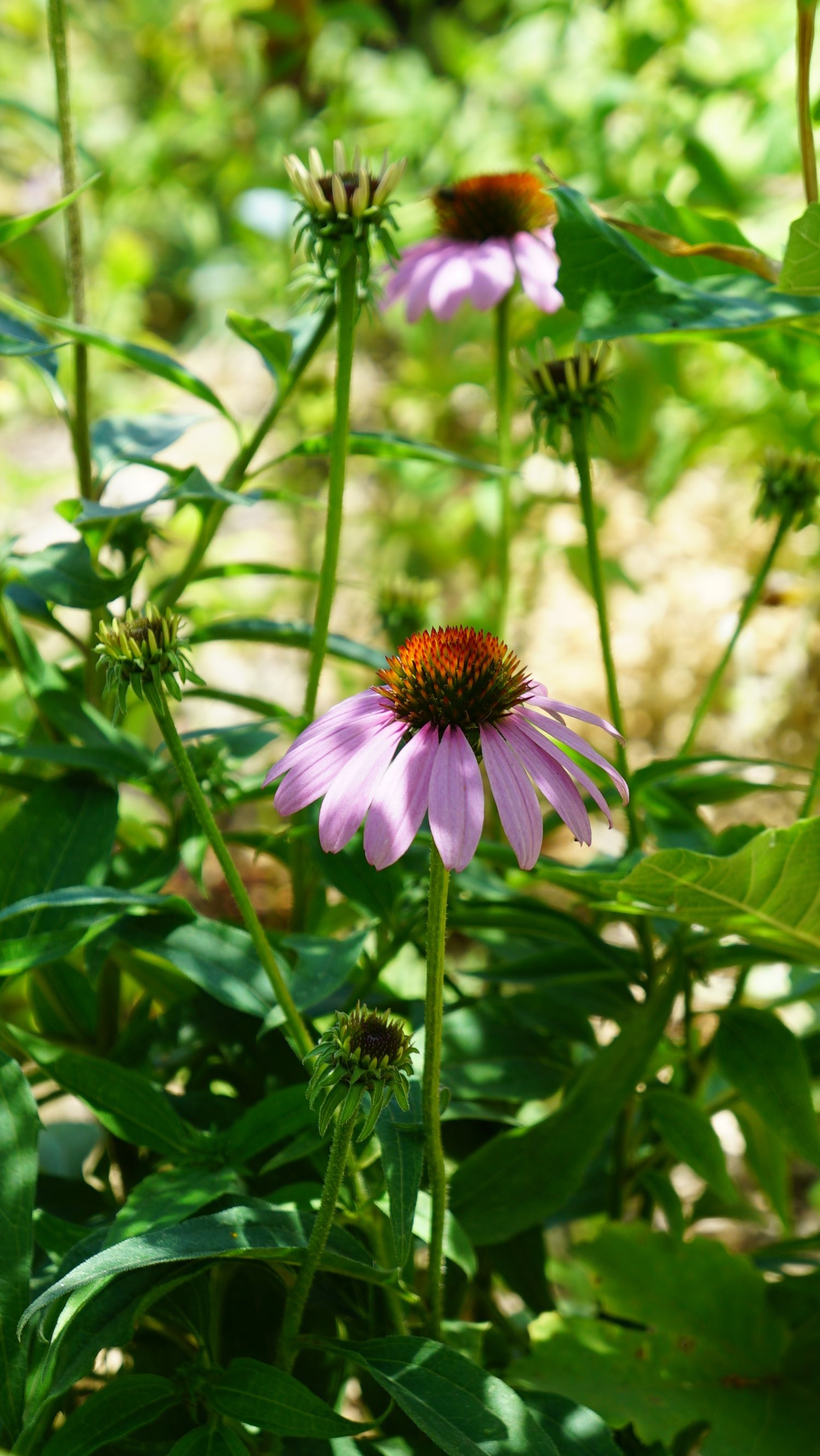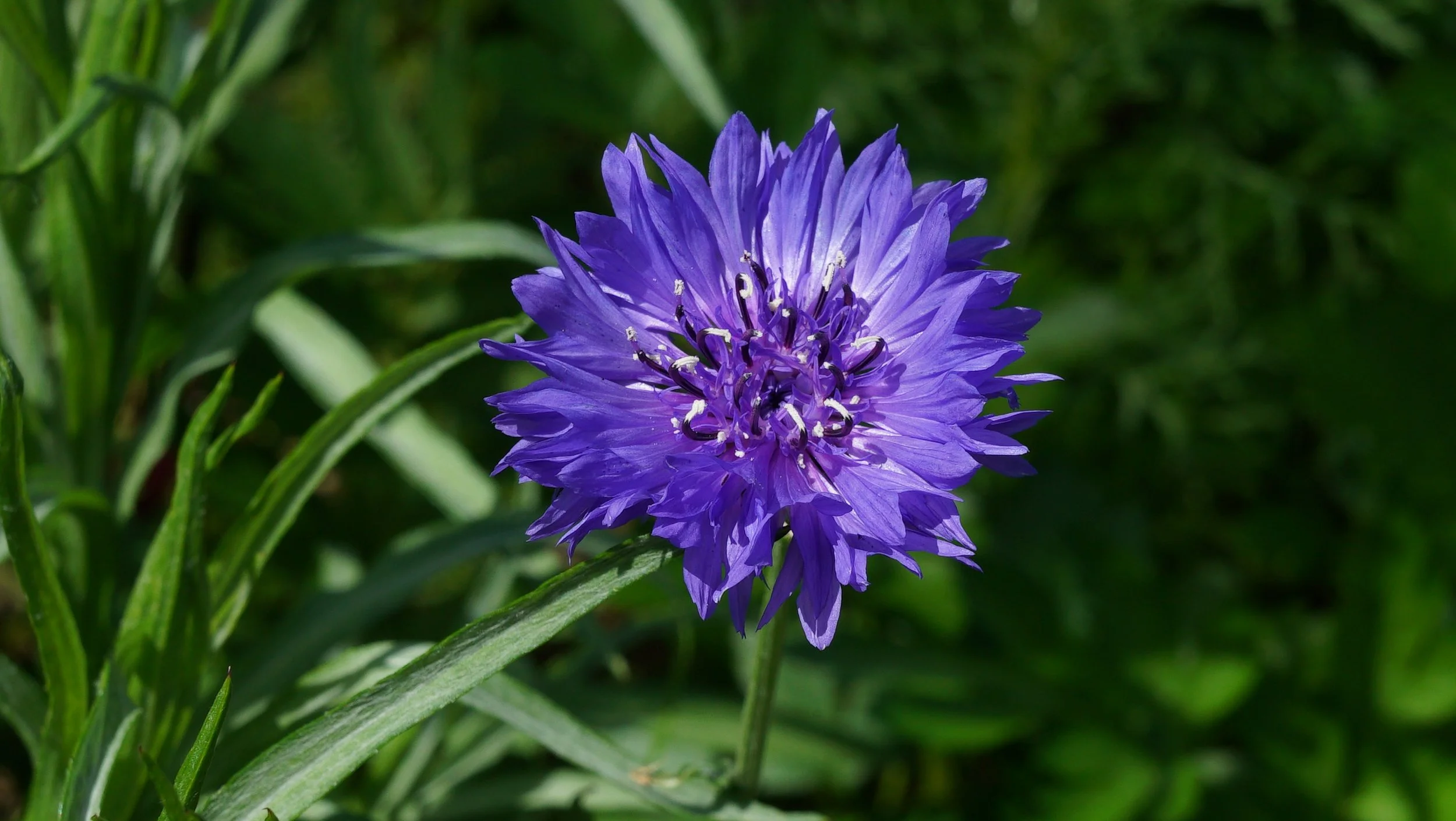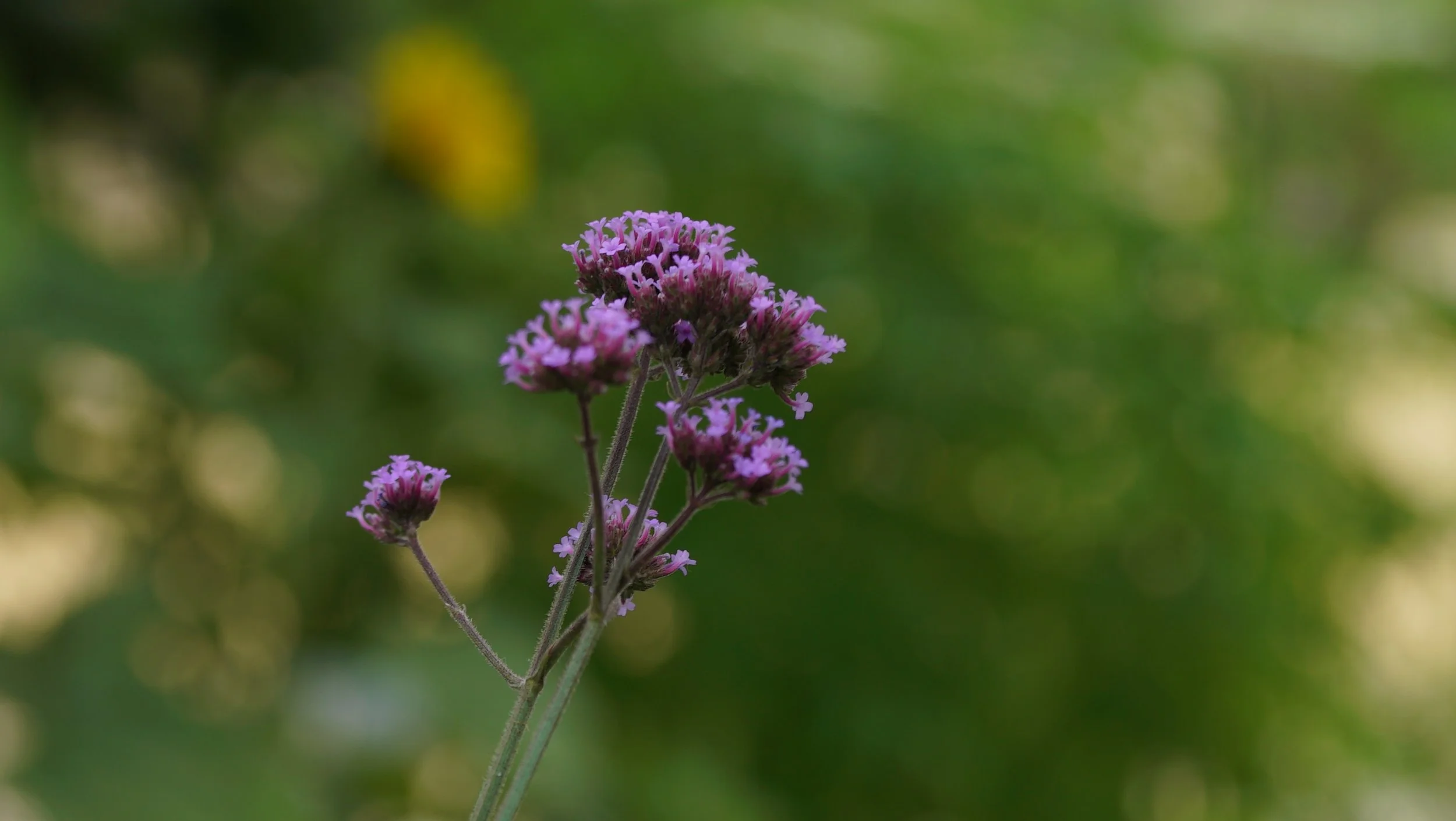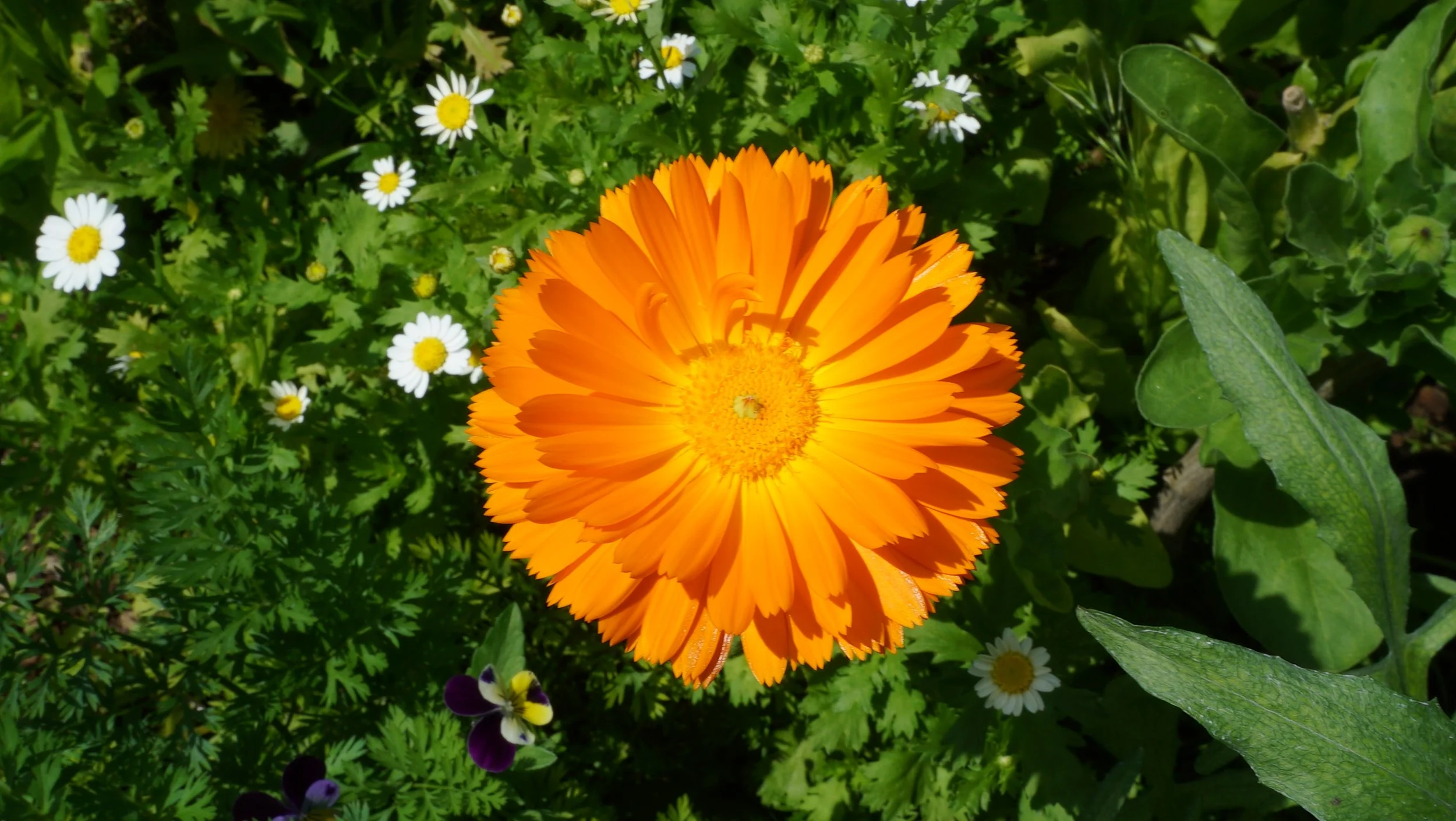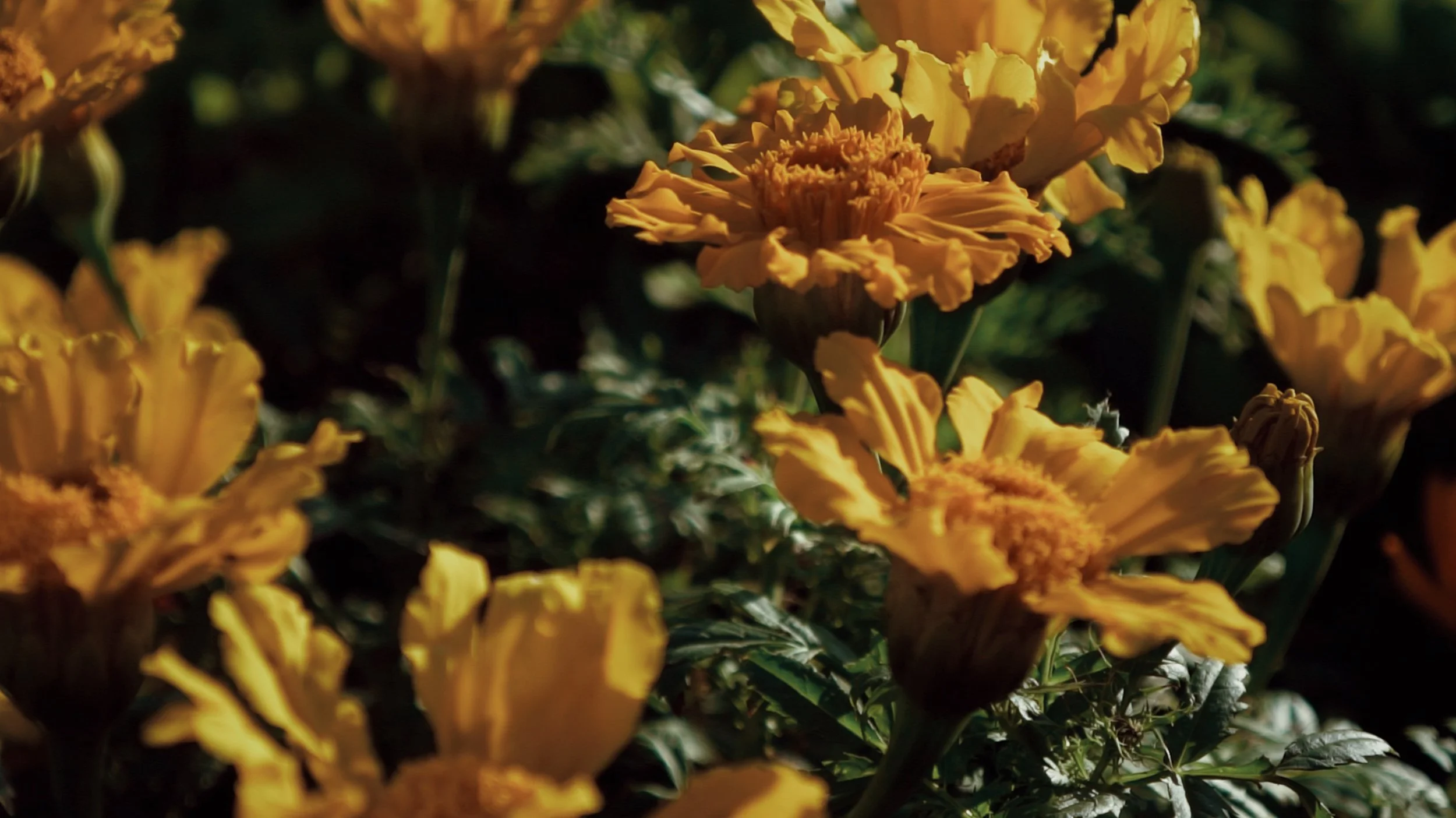Cardoon Seeds
Cynara cardunculus
Packed and grown with love in Western Australia
Benefits and Uses
Cardoon (Cynara cardunculus) is a versatile and highly nutritious plant, prized for its numerous benefits and uses. Known for its artichoke-like flavor, cardoon stalks are a gourmet vegetable that can be sautéed, braised, or added to soups and stews. Besides its culinary applications, cardoon is also valued for its medicinal properties, including its ability to support digestive health, reduce inflammation, and provide antioxidants. Additionally, cardoon plants are excellent for attracting pollinators such as bees and butterflies, making them a beneficial addition to any garden ecosystem.
Growing Conditions
Cardoon thrives in well-drained soil with a pH level between 6.0 and 7.5. It prefers full sun exposure and requires a warm climate to grow successfully, with an optimal temperature range of 21-29°C. Plant the seeds in early spring, spacing them 60-90 cm apart to accommodate their large size. Cardoon plants need regular watering, especially during dry periods, but be careful not to overwater as this can lead to root rot. Mulching around the base can help retain moisture and control weeds. With proper care, cardoon plants will flourish and provide a bountiful harvest of nutritious stalks.
Cynara cardunculus
Packed and grown with love in Western Australia
Benefits and Uses
Cardoon (Cynara cardunculus) is a versatile and highly nutritious plant, prized for its numerous benefits and uses. Known for its artichoke-like flavor, cardoon stalks are a gourmet vegetable that can be sautéed, braised, or added to soups and stews. Besides its culinary applications, cardoon is also valued for its medicinal properties, including its ability to support digestive health, reduce inflammation, and provide antioxidants. Additionally, cardoon plants are excellent for attracting pollinators such as bees and butterflies, making them a beneficial addition to any garden ecosystem.
Growing Conditions
Cardoon thrives in well-drained soil with a pH level between 6.0 and 7.5. It prefers full sun exposure and requires a warm climate to grow successfully, with an optimal temperature range of 21-29°C. Plant the seeds in early spring, spacing them 60-90 cm apart to accommodate their large size. Cardoon plants need regular watering, especially during dry periods, but be careful not to overwater as this can lead to root rot. Mulching around the base can help retain moisture and control weeds. With proper care, cardoon plants will flourish and provide a bountiful harvest of nutritious stalks.
Cynara cardunculus
Packed and grown with love in Western Australia
Benefits and Uses
Cardoon (Cynara cardunculus) is a versatile and highly nutritious plant, prized for its numerous benefits and uses. Known for its artichoke-like flavor, cardoon stalks are a gourmet vegetable that can be sautéed, braised, or added to soups and stews. Besides its culinary applications, cardoon is also valued for its medicinal properties, including its ability to support digestive health, reduce inflammation, and provide antioxidants. Additionally, cardoon plants are excellent for attracting pollinators such as bees and butterflies, making them a beneficial addition to any garden ecosystem.
Growing Conditions
Cardoon thrives in well-drained soil with a pH level between 6.0 and 7.5. It prefers full sun exposure and requires a warm climate to grow successfully, with an optimal temperature range of 21-29°C. Plant the seeds in early spring, spacing them 60-90 cm apart to accommodate their large size. Cardoon plants need regular watering, especially during dry periods, but be careful not to overwater as this can lead to root rot. Mulching around the base can help retain moisture and control weeds. With proper care, cardoon plants will flourish and provide a bountiful harvest of nutritious stalks.


